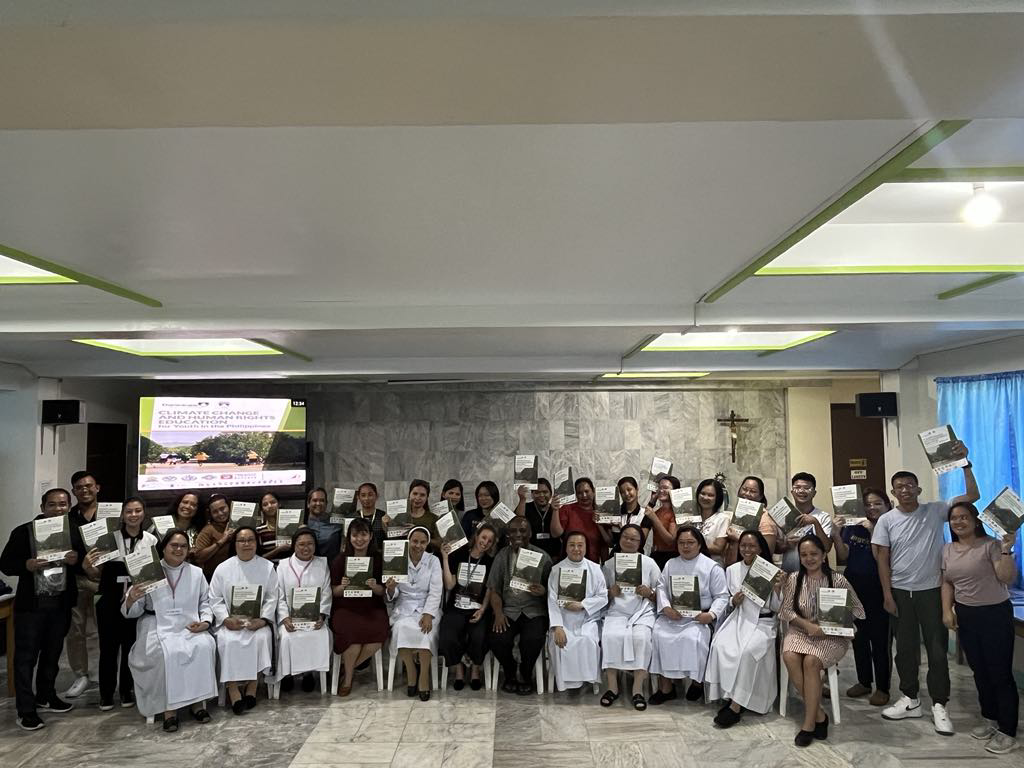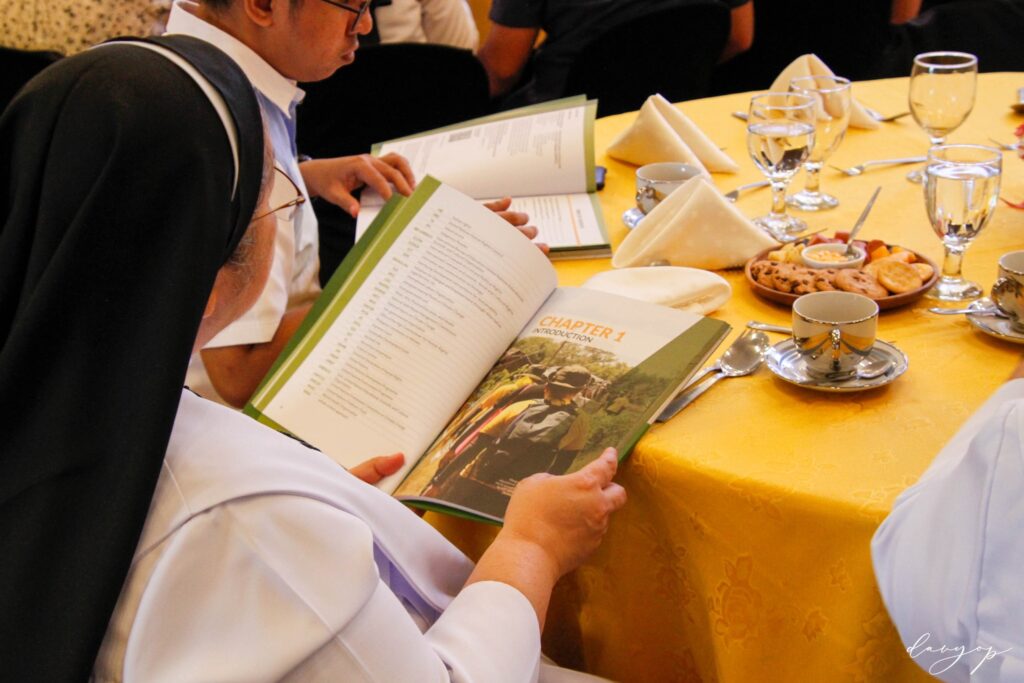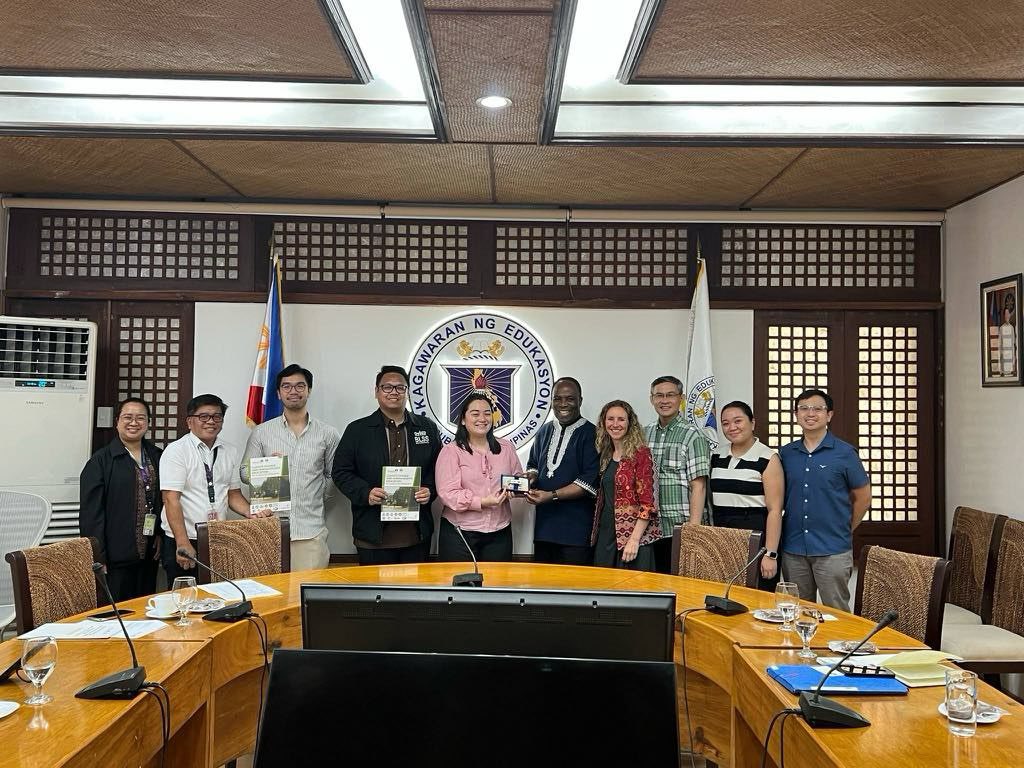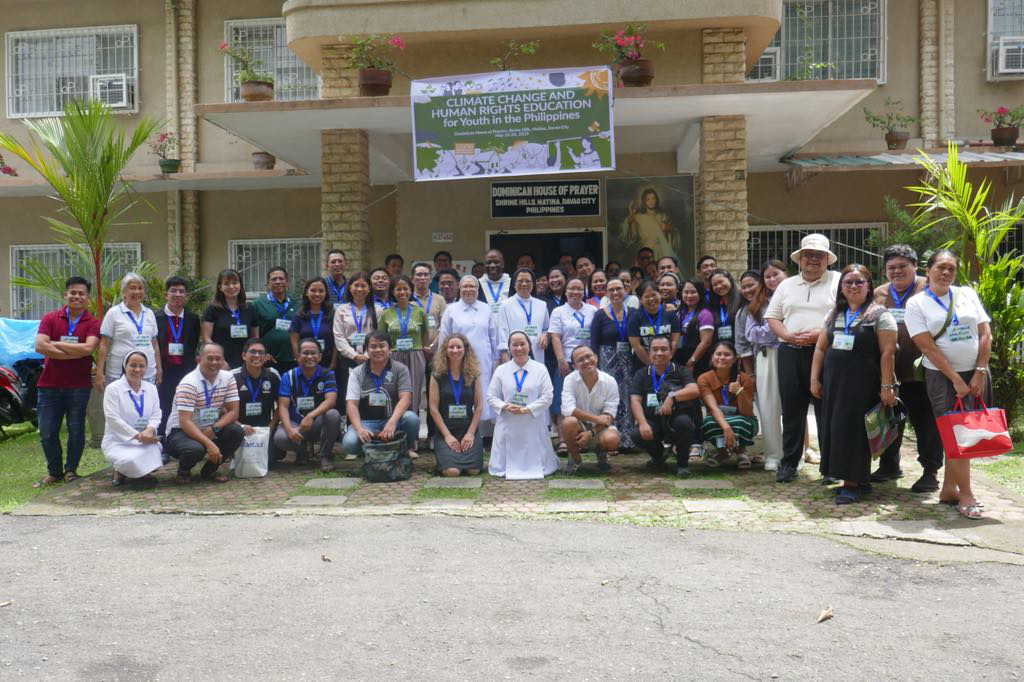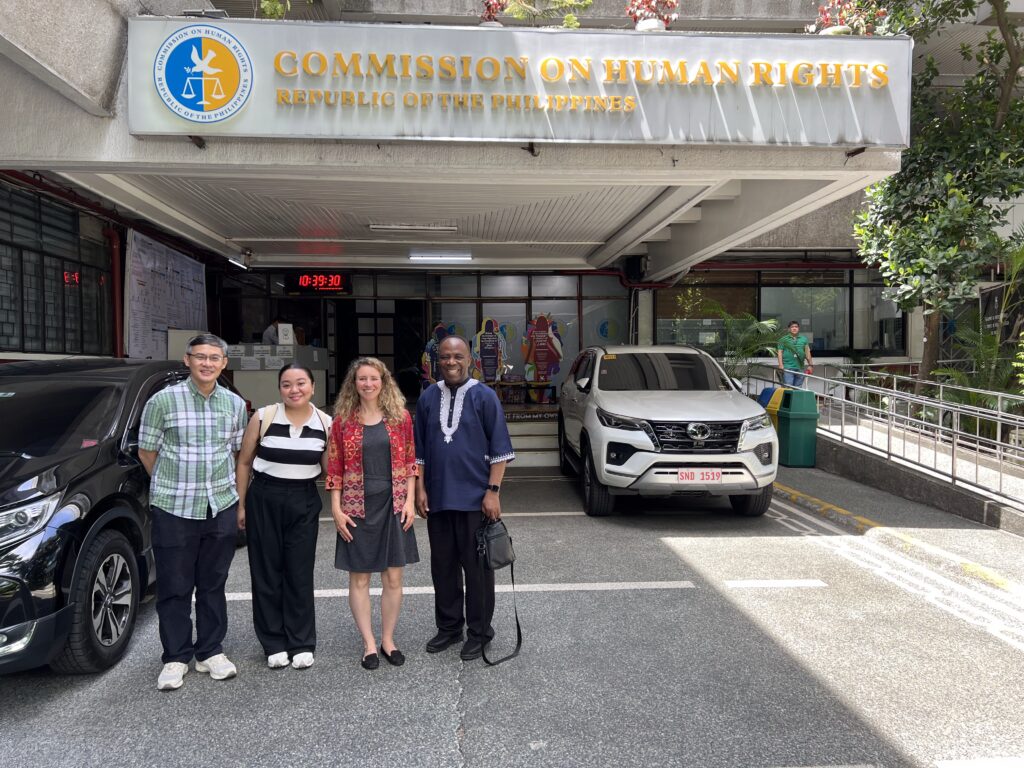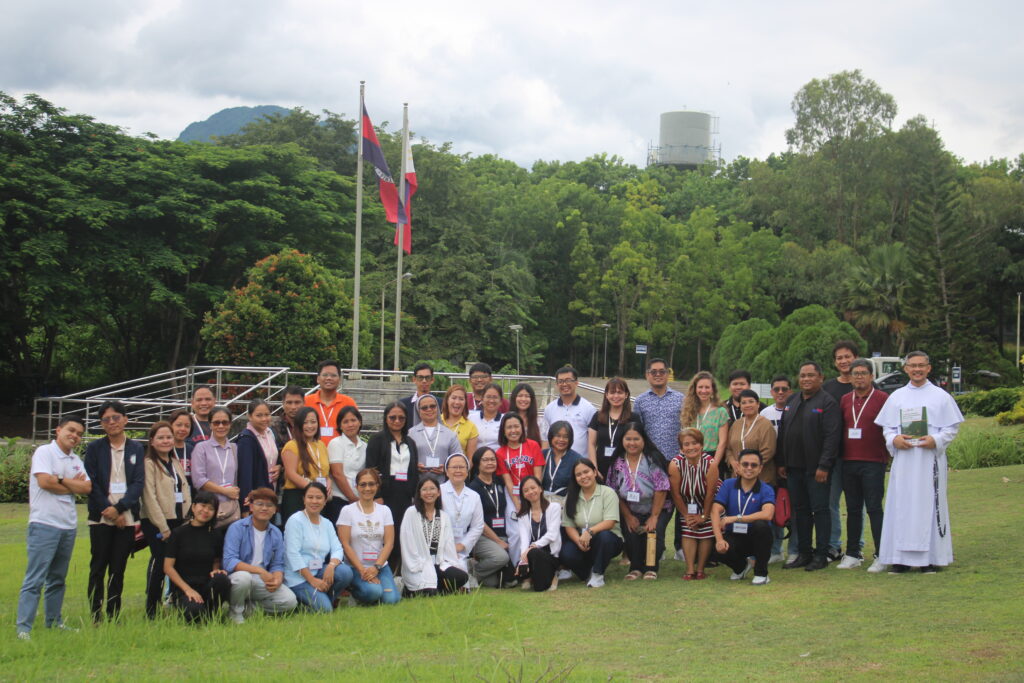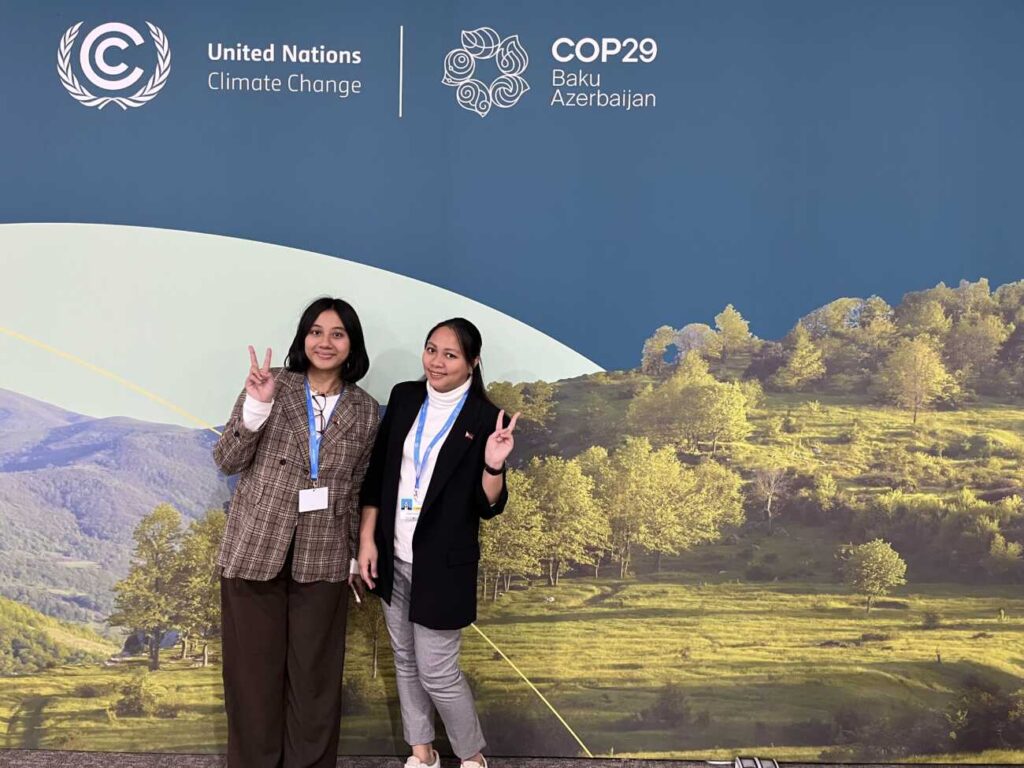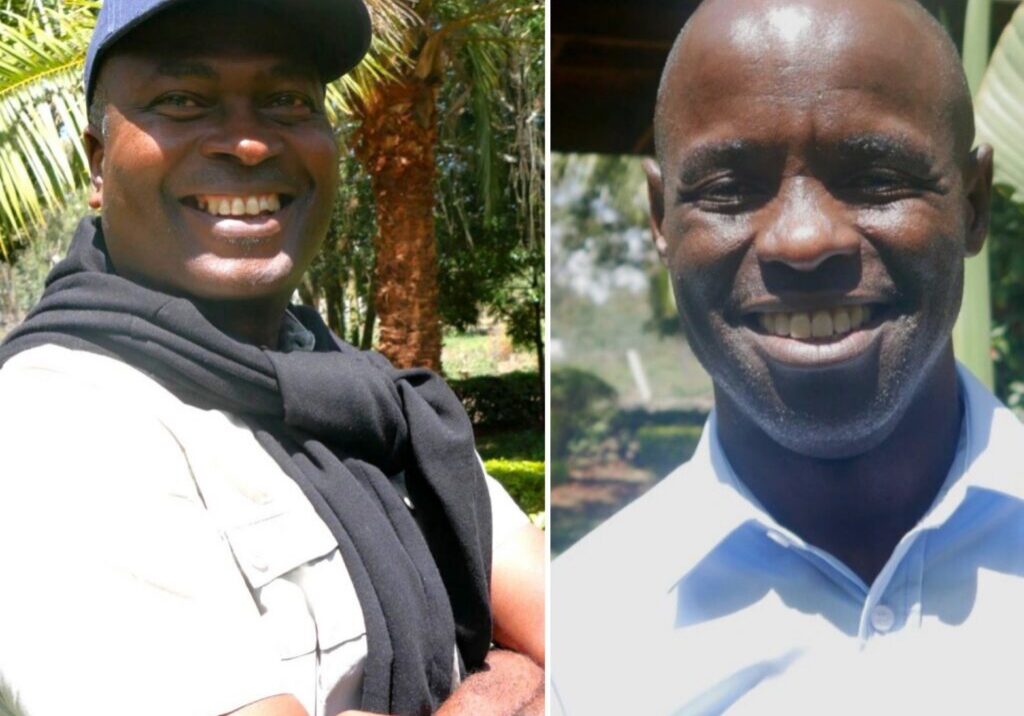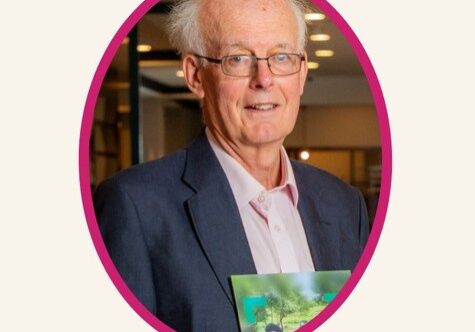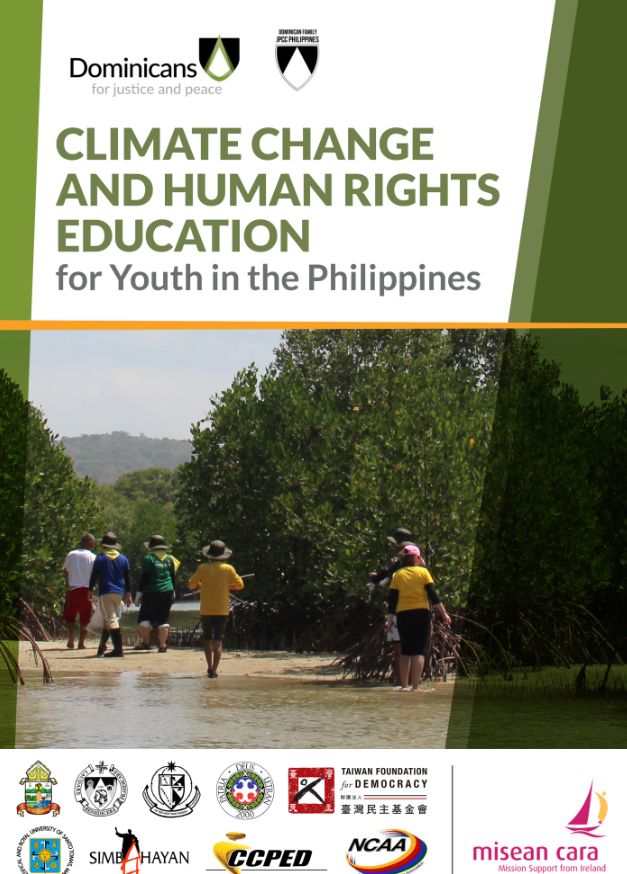
Misean Cara Member Organisation: Dominican Sisters
Project: Mainstreaming Climate Change and Human Rights Education in the Philippines
Location: Philippines
Integrating Climate Change and Human Rights Education Across Dominican Schools
Empowering Students and Teachers for Climate Action
In the Philippines, one of the countries most significantly affected by climate change, a pioneering initiative is transforming how young people learn about and act on environmental and human rights issues. Led by the Dominican Sisters, this project is mainstreaming an integrated climate change and human rights education approach across a vast network of Dominican and partner schools nationwide.
At the heart of the project is an innovative educational handbook—the first of its kind within the Catholic educational context in the Philippines. Designed for both educators and students, it provides practical lesson plans aligned with the national curriculum, helping teachers show how climate change affects vulnerable communities and reframing the issue as both environmental and social justice.
From Classrooms to Communities
More than 100 educators from 58 schools tested the handbook, which quickly proved to be an effective tool for teaching and action. Within its first year, 34 teachers were trained, surpassing targets, and over 9,400 students engaged with its materials. Some schools formally integrated the handbook into their curriculum, while others launched complementary activities, such as linking classroom learning with mangrove conservation projects.
The impact has gone beyond the classroom. In Zambales Province, a Fisherfolk Association leader adapted the handbook’s content for schools and community activities—organising coastal clean-ups, youth awareness campaigns on sea turtle protection, and a “Zero Plastic Waste” initiative inspired by the handbook’s chapter on the rights of nature.
Advocacy and Influence
The project’s influence has reached national and international levels. The handbook has been presented to the Philippines Department of Education, the Commission on Human Rights, and even showcased at COP29 in Azerbaijan, ensuring that local experiences inform global climate policy discussions. Filipino teachers and students have participated directly in these forums, sharing their perspectives on the right to education in the context of climate change.
Sustaining the Momentum
Sustainability is central to this initiative, and has been built in from the start. Teachers are now independently training colleagues in other provinces, and a permanent Dominican Family Secretariat has been established to coordinate ongoing training, advocacy, and community mobilisation.
“The handbook was not just another manual. It gave us concrete lesson plans and tools that fit with our national curriculum, making it easy to bring climate change and human rights into the classroom.”
— Filipino Teacher, Dominican School Network
By combining practical classroom tools, grassroots action, and international advocacy, this project is equipping Filipino youth with the knowledge and confidence to lead on climate action, shaping the next generation of citizens and leaders who will drive climate resilience in the Philippines and beyond—today and into the future.
